Romani people during the pandemic: Both discrimination and violence on the increase
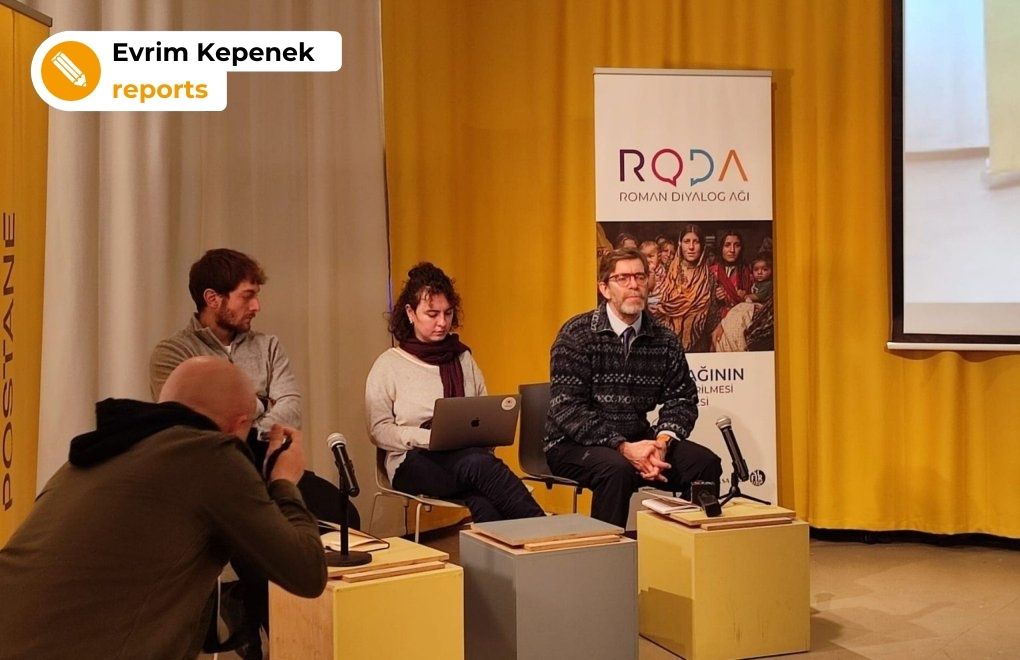
* Photo: Evrim Kepenek - bianet
Click to read the article in Turkish
"My spouse is a musician, he didn't work for 1.5 years due to the pandemic. He played on the streets, as a band from time to time; people threw them money from the balcony. (...) During this pandemic period, I took out a loan, I took another loan in addition to the pandemic loan. At that period, we were constantly waiting for an opening; as long as there was no opening, we could not get a proper income. As restaurants were closed during the pandemic, all musicians were left out in the open. The musicians who used to entertain everyone cannot take care of themselves now. A musician would come home with hands full; they cannot bring anything now."
(İzmir, a woman in her 30s)
"He made an application, but it didn't work out. Neither her spouse nor the others around got anything. (...) They didn't ask people. For instance, is this citizen working? Is he married? Does he have kids? He is sustaining a family. No such a thing was asked. They just gave it, they gave it to whomever it worked for them. This and that reason when it didn't. So, it is not transparent... No, no, no. (...) He couldn't benefit from anything. (...) I wish they gave it to really aggrieved people. It would be so nice, but they don't do it. They just distribute it as they see fit. And is politics involved, too? This does not work out, you know. If someone needs it, you will give it to them. You cannot ask who is what (...). Wrong. We don't know what kind of a method they follow while distributing aid. They are wrong methods. Unjust. You govern, but unjustly."
(Artvin, a woman in her 50s)
Prof. Fikret Adaman, an academic from Boğaziçi University, and his research team consisting of Baran Alp Uncu, Gökçe Yeniev and İsa Ali Demir carried out a study to find out the COVID-19 pandemic's socio-economic effects on Romani people in Turkey. The results of the study have been shared with the public at a press conference held in Postane İstanbul.
Carried out as part of the Roma Dialogue Network's Reinforcement Project, the study sets out to analyze the problems faced by Rom, Dom, Lom and Abdal groups known as "Romani" people and sheds light on their opportunities and capacity to access the aid offered during the pandemic.
In addition to talks with the opinion leaders of these groups and the people chosen among them in Artvin, Edirne, İzmir, Urfa and Antep provinces, the study also incorporates the findings obtained via meetings with the related local administrators and municipal officials.
The study addresses the Romani people in the context of employment, healthcare, education and housing and analyzes the economic effects of COVID-19 within this framework. Elaborating on the measures taken against the pandemic and the extent to which Romani people could benefit from them, the study also offers some policy recommendations.
'Steps are insufficient'
Carried out as part of the Roma Dialogue Network's Reinforcement Project conducted by the Zero Discrimination Association wiith the financial support of the EU Delegation to Turkey, the study finds:
"The results of the field research show that throughout the novel coronavirus (COVID-19) pandemic, the Romani people generally experienced additional problems concerning the issues of employment, access to social aid, education, housing, healthcare and gender inequality; the impossibilities and injustice that have been prevalent in these fields have got deeper and more widespread as a result of the pandemic.
"The findings of the study have shown that Romani people, most of whom work in unregistered jobs, could not sufficiently benefit from a significant part of the measures taken. It is expressed that there were problems with accessing the aid granted to poor groups.
"One of the complaints about the social aid encountered during the talks was the insufficient amount of aid.
"Some people said that they were made to feel 'embarrassed' and 'bad' by the officials who came to their houses. During the talks in Şanlıurfa, people alleged that they were kicked out of state institutions such as the governor's office and municipality because of their Dom identity and some said that they were subjected to psychological and/or physical violence."
Policy recommendations
- In the field of education, opening reading/ working rooms for young people/ children with a focus on social and cultural activities
- In addition to formal education, offering adult education (on parents' communication with their children, teaching how to read and write to adults [by paying a special attention to women], training women about women's health and mothers about mother-child health)
- Establishing mechanisms that will encourage continuation of education (such as offering breakfast and/or lunch at schools)
- Introducing practices that will reduce the expenditures so that Romani people can make ends meet especially during the pandemic and other times of crisis
- Opening multipurpose community centers to ensure social, cultural, psychological and economic achievements
- Making kindergarten/ preschool education more widely available
- Increasing resilience to crises
- Increasing cooperation with NGOs and local administrations
- Developing participatory cooperation on the local level
'Policy recommendations are important'
Prof. Fikret Adaman especially underlined the following points in his presentation about the results of the study:
"Such reports are important to know what course of action could be followed in a similar crisis situation in the future. We met with opinion leaders during our studies, we met Romani people in five provinces and saw that discrimination and domestic violence increased.
"I am neither hopeful nor hopeless about the resolution of these problems. I hope that with solution-based policies and resolute steps, these problems will be solved or, at least, a policy will be developed for future crisis periods." (EMK/SD)
Preliminary probe into police violence during İmamoğlu protests
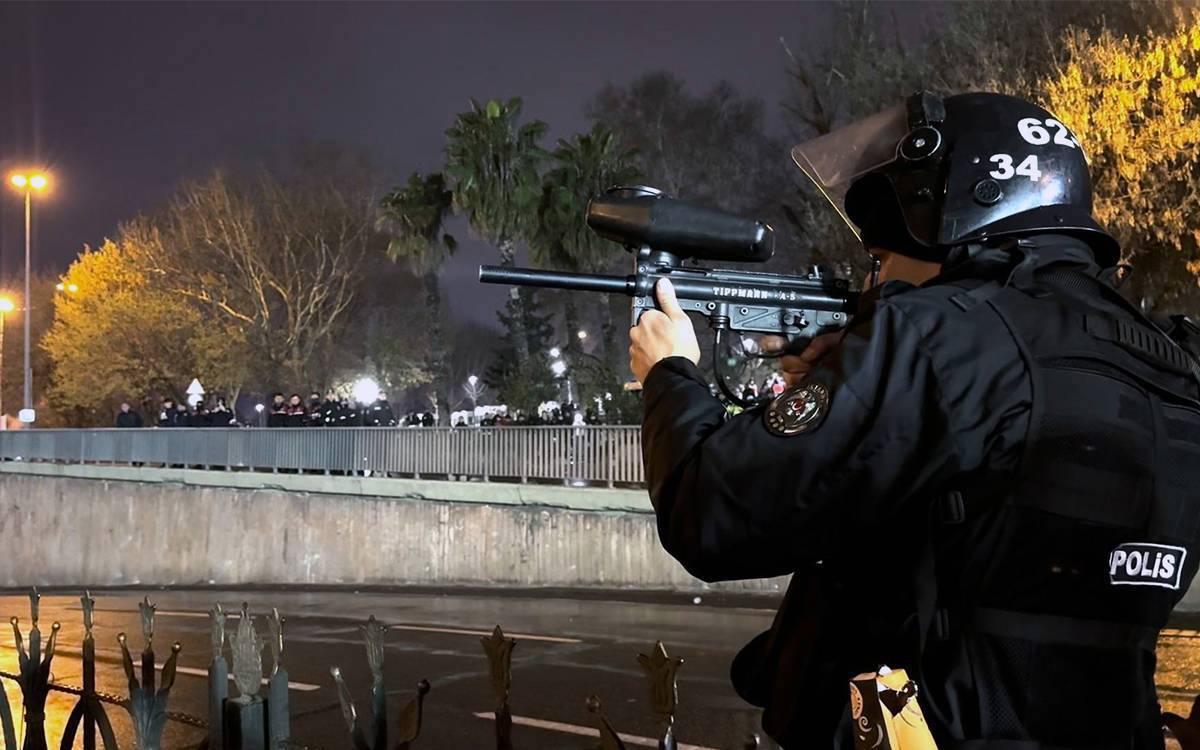
Astrologist released after two months in detention over social media post on Bahçeli’s health

Over 100 youths released after mass arrests during İmamoğlu protests
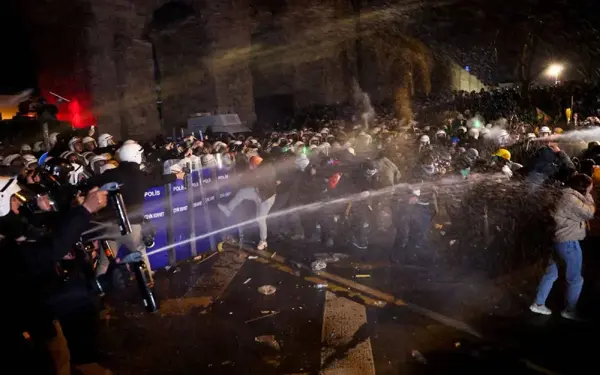
MALE VIOLENCE MONITORING REPORT MARCH 2025
Men killed 24 women in March
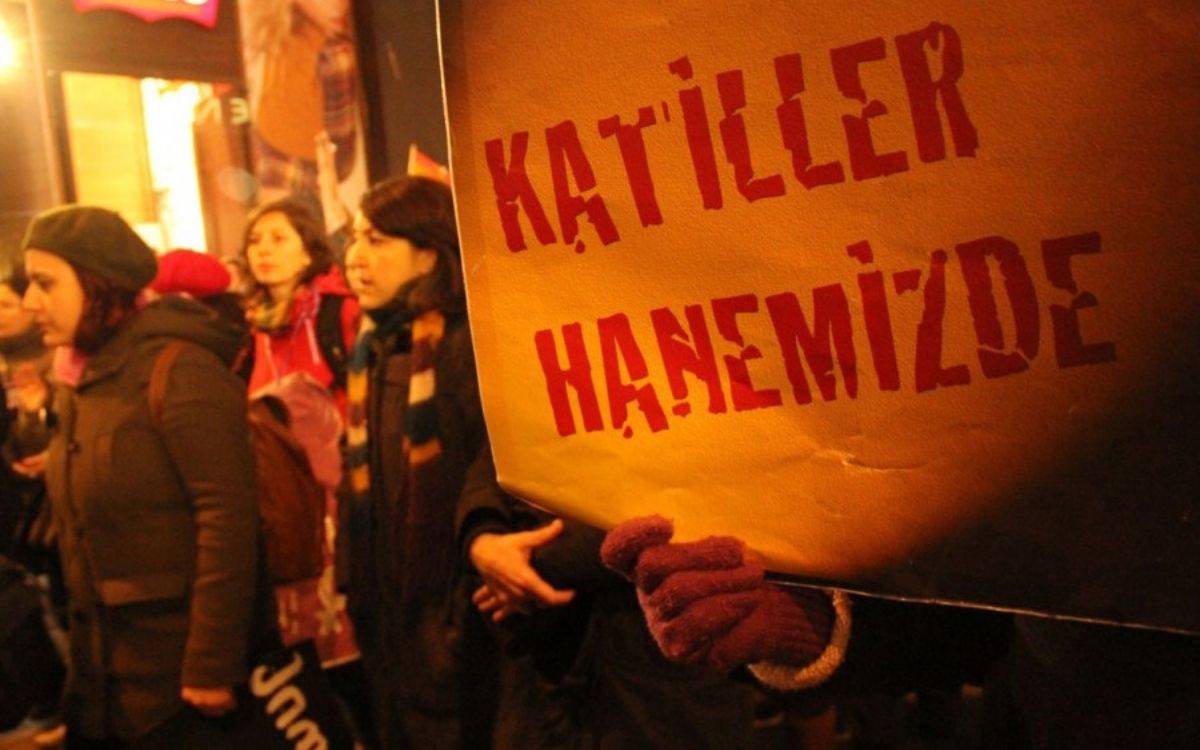
Woman alleges sexual harassment by police during İstanbul protest detention
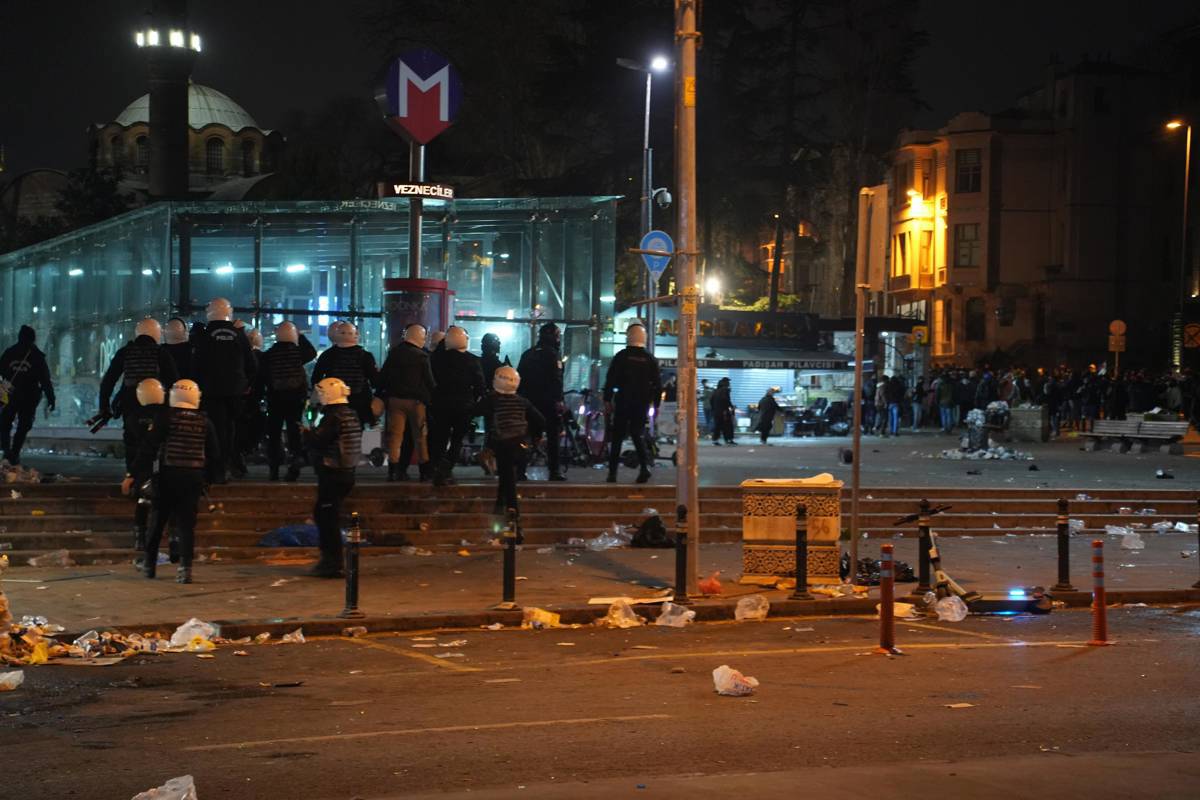





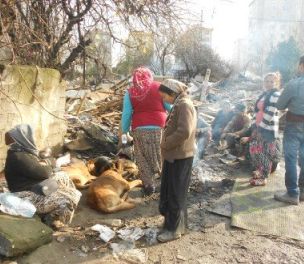
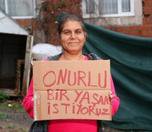
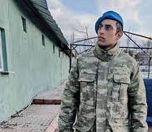
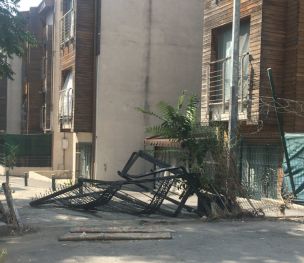
-132.jpg)
.jpg)